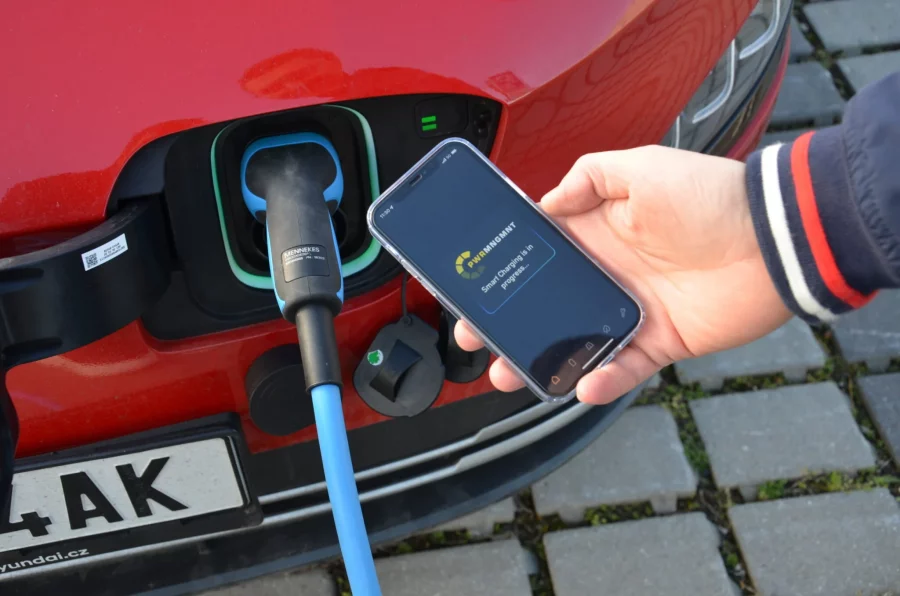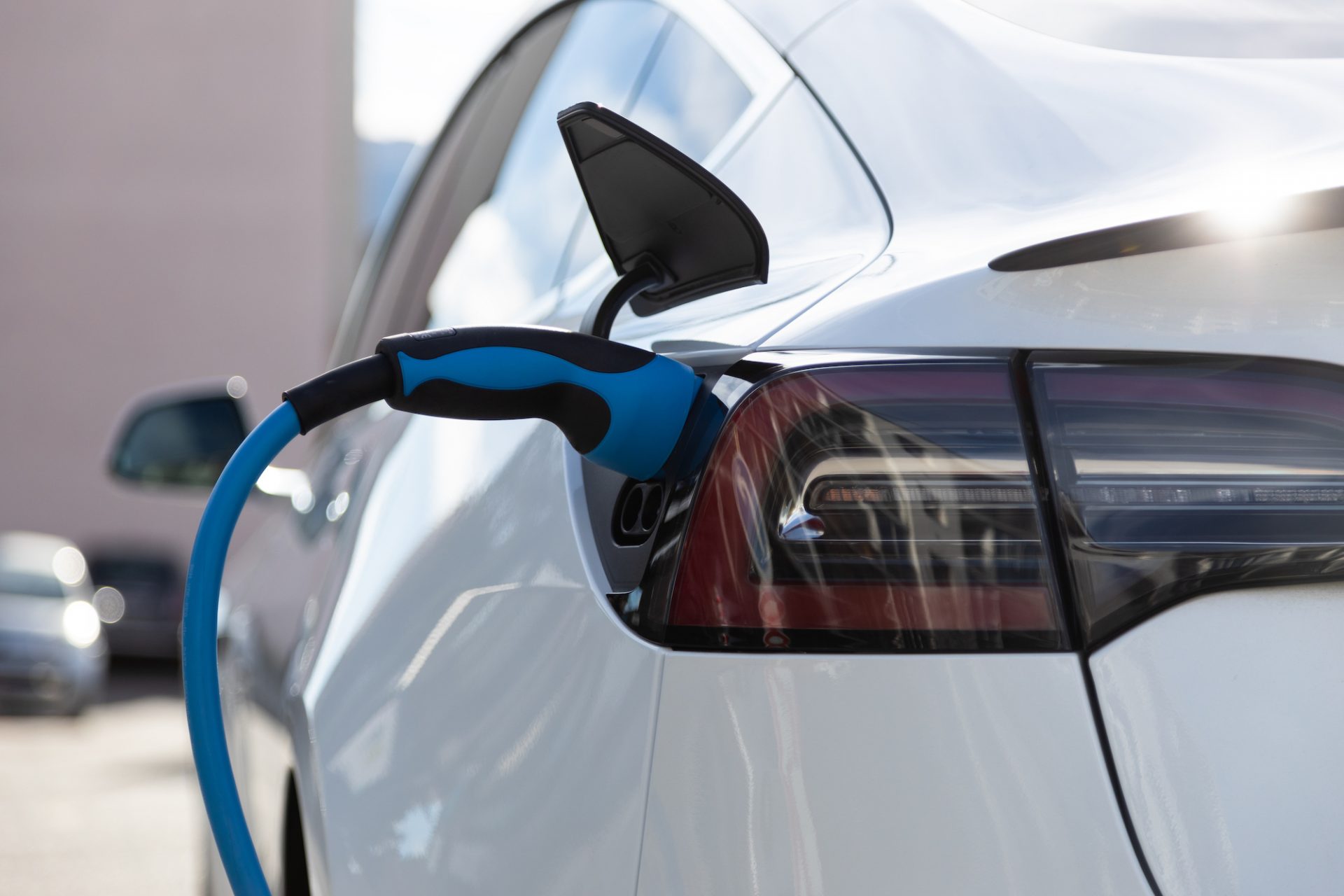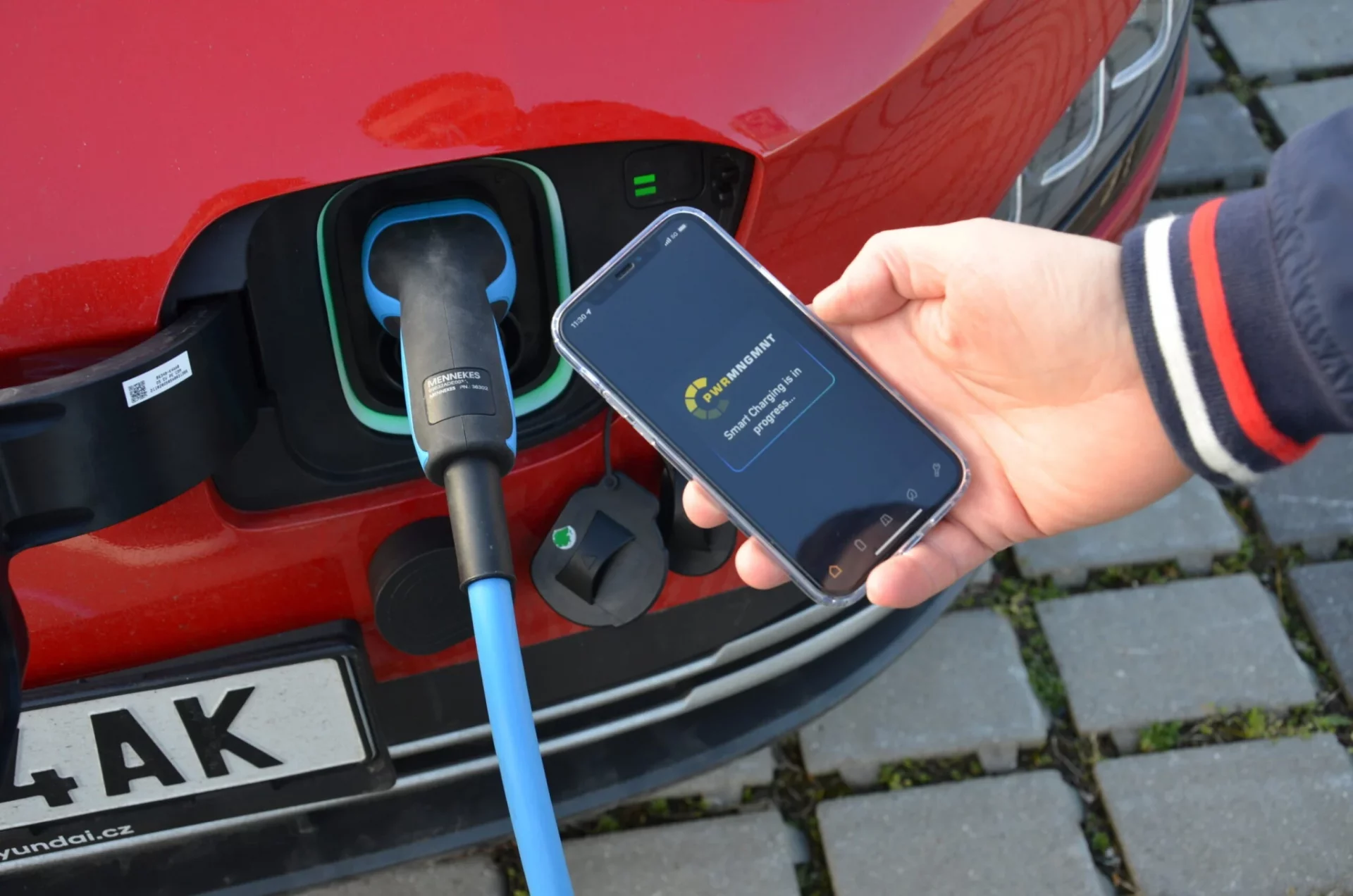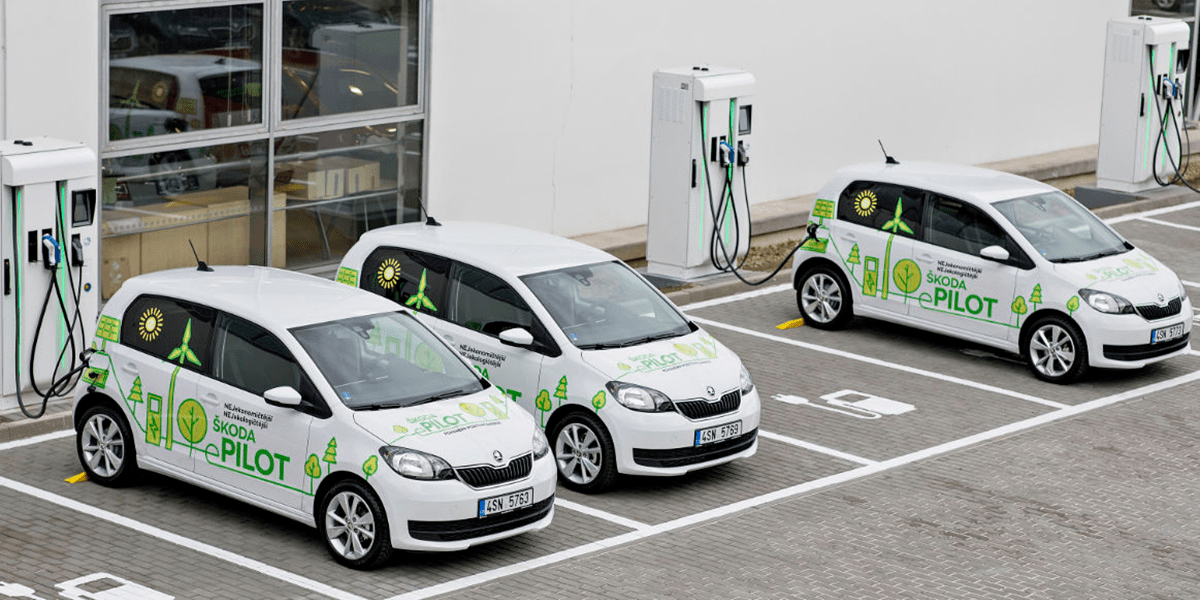
In a remarkable stride towards urban sustainability and greening, the city of Říčany, located in the suburban region of Prague, has been operating a fleet electric vehicles for the benefit of citizens and the municipality’s employees. This initiative aligns seamlessly with the European Union’s ambitious goals for environmental conservation, reduction of carbon emissions, and promotion of sustainable urban mobility.
To optimize the fleet’s charging, reduce its operating costs and carbon emissions the Říčany Municipality cooperates with MET3R and uses our ZenSite Smart Charging Management solution to pilot advanced smart charging uses cases. The pilot will allow users to opt-in and start smart charging sessions using their mobile phones. ZenSite handles all charging sessions with a pure software solution by directly communicating with the cars, making redundant the management of EVSE chargers.

This pilot is a critical evaluation of the efficacy of cutting-edge smart charging technology within a municipal fleet context, employing a comprehensive range of metrics to gauge success. Anticipated outcomes include not just financial savings but also a marked reduction in energy usage and carbon emissions. Furthermore, the increased utilization of locally generated renewable energy sources is expected to significantly bolster the environmental sustainability of the municipality’s EV fleet.
The user-centric mobile application provides real-time updates on the charging process and provides an intuitive interface to facilitate the effortless adjustment of mobility preferences, such as scheduling arrival and departure times. Moreover, the platform delivers extensive environmental, mobility, and financial analytics, accessible via both the mobile app and the ZenCharge web platform, empowering users with data-driven insights for optimized EV utilization.
The pilot involves municipal employees utilizing a shared fleet of Skoda Citi-Gos for daily commuting and work-related transport. Participants install the ZenCharge mobile app (iPhone/Android) add their vehicles and configure Skoda Connect through the ZenCharge app within a less than five-minutes-long setup process.
Post-setup, users gain real-time access to all charging-related vehicle parameters, including instantaneous feedback on battery charge status, initiation, and completion of charging sessions, and the choice between smart and standard charging.
The system offers a straightforward selection between standard and smart charging. When connecting the charging cable to the vehicle, users can initiate a smart charging session by tapping their mobile device against the NFC sticker on the charging cable. Absence of this interaction defaults to a regular, uncontrolled charging session.
Within the app, the “Charges” section provides detailed insights into each smart charging session, including duration, energy consumption, environmental impact, and cost.
The “Impact” section showcases the environmental benefits of smart charging, highlighting reductions in carbon emissions and overall energy consumption compared to standard charging practices.

Throughout the pilot, data will be systematically collected and analyzed to assess the smart charging technology’s performance. Key metrics include:
While individual user statistics are accessible via the mobile app, aggregate fleet-level data is available through the ZenSite web interface. This platform monitors fleet performance in terms of energy consumption, incurred costs, and environmental impact, offering robust data analytics capabilities for integration with the municipality’s fleet management systems.

The Říčany Municipality’s smart charging pilot represents an innovative strategy to optimize energy utilization and diminish carbon emissions in corporate and municipal EV fleets. By facilitating user participation in smart charging sessions through a simple mobile interface, the municipality is poised to acquire valuable insights into the technology’s practicality and ecological benefits. ZenCharge is projected to reduce EV charging costs and lower CO2 emissions by up to 30%. The data harvested from this pilot will be instrumental in evaluating the potential for broader implementation of smart charging solutions in the municipality’s future environmental and sustainability endeavors. These insights will guide the Říčany Municipality in refining their energy strategies and evaluating the feasibility and return on investment for potential solar or energy storage investments.
The project has been supported by the European Union through EIT Urban Mobility.